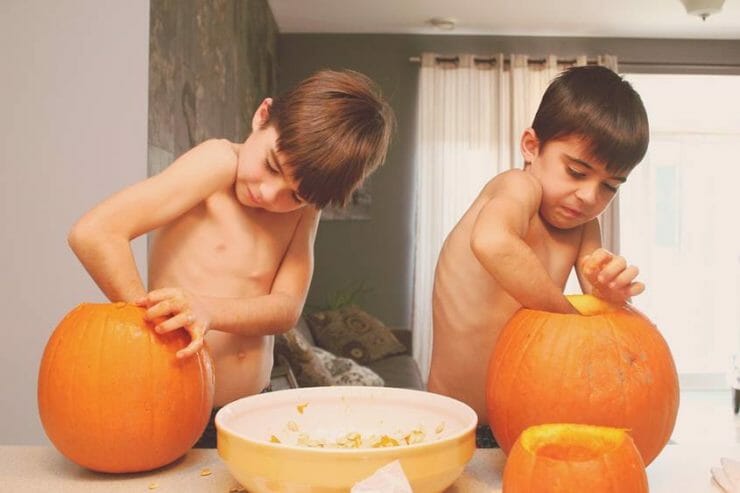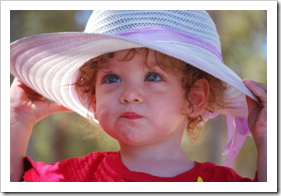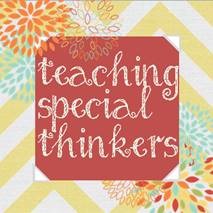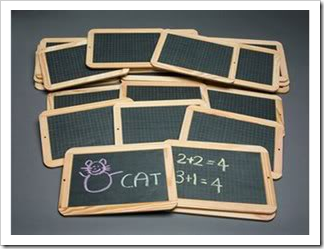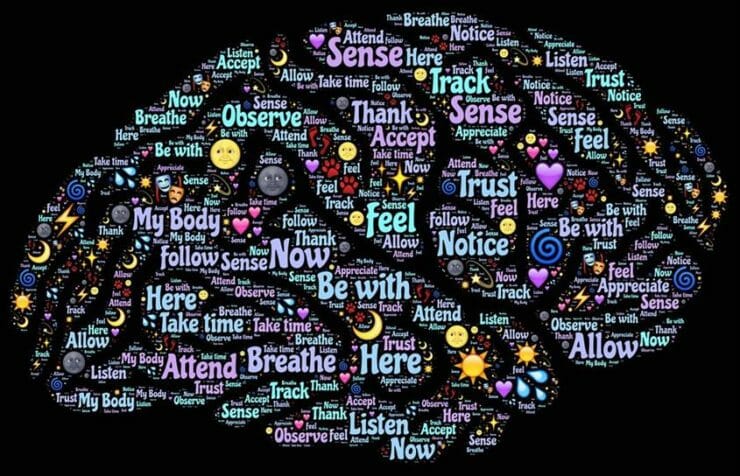
I went to study special education to help children and adults with learning difficulties. When I started my journey, over 30 years ago, I thought there were many people with learning difficulties. I still think there are, but in the past, I was convinced they were “organic” – physical, possibly genetic – and therefore hard to change.
Now, after seeing so many children and people of all ages, I think that social attitude creates or aggravates the problems in many cases. Many people have small difficulties that are blown out of proportion and labeled as disorders.
Auditory processing disorders are very popular and easily labeled, even among very young children. Every year that passes, I hear about younger and younger kids with auditory processing disorders. Recently, I even talked to a mother whose son was one year old and she insisted he had an auditory processing disorder. I am qualified enough to know that I cannot assess a child for APD at one year of age.
